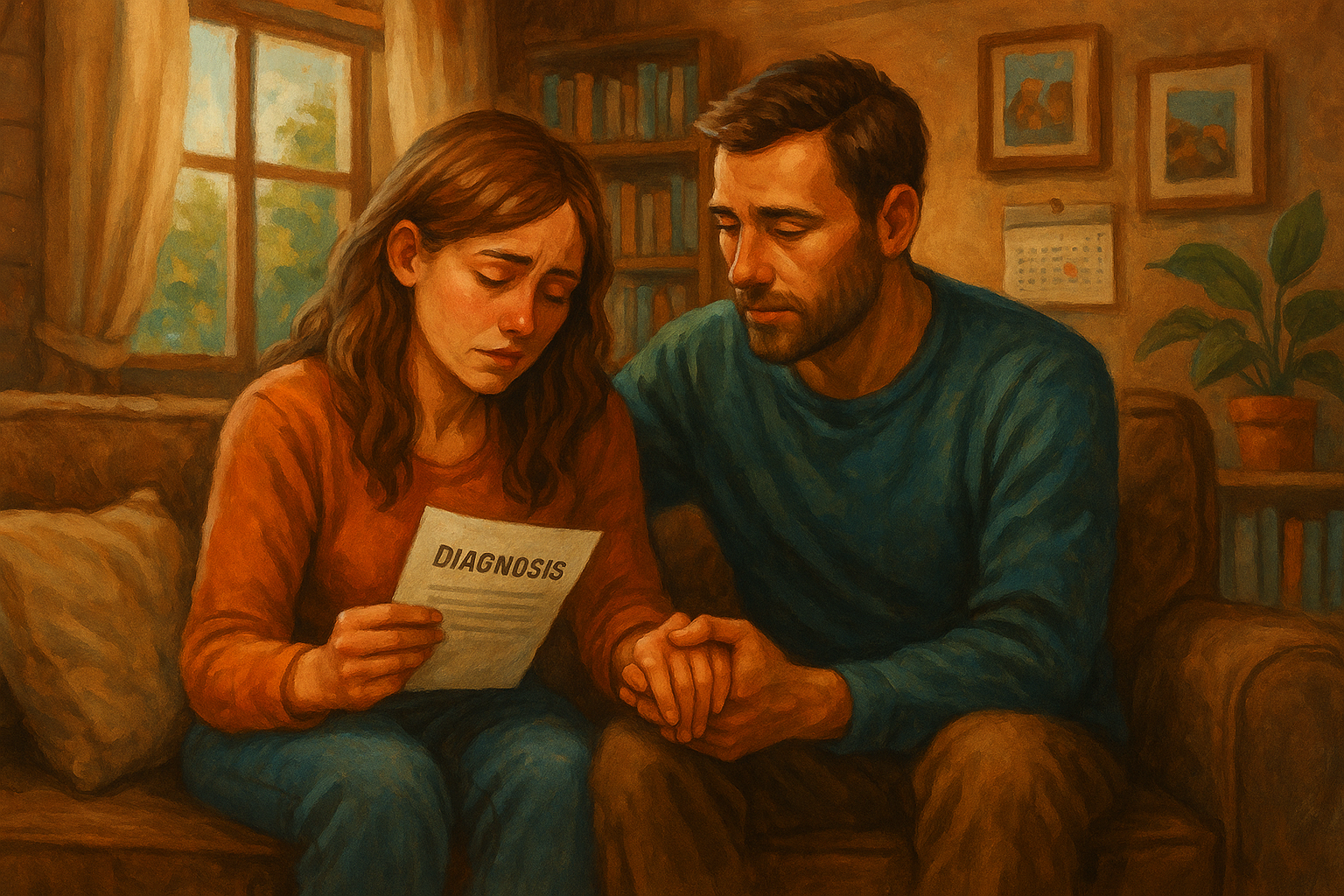Website designed with the B12 website builder. Create your own website today.
Start for free
When the Word Finally Comes: ADHD
You’re sitting across from a clinician. They’ve just spent an hour asking questions, reviewing behaviors that once seemed like isolated quirks—things that caused arguments, apologies, and confusion for years.
Then you hear it:
“It’s ADHD.”
And in that moment, so many things fall into place. Not just about your partner, but about your entire relationship.
More Than a Label—It’s a Lifeline
A diagnosis isn’t just a medical statement. For couples who’ve lived in chronic confusion, it’s a moment of liberation.
No more guessing. No more assuming your partner is just careless, irresponsible, emotionally immature. No more believing that you’re just “too demanding.”
It’s not personality. It’s neurology. And that shift reframes the entire narrative.
How ADHD Slips Under the Radar—Especially in Adults
ADHD in adults often wears a disguise. It looks like:
Many adults with ADHD have learned to mask—to compensate through overworking, perfectionism, humor, or avoidance. That’s why so many are misdiagnosed with anxiety, depression, or bipolar disorder before ADHD is ever considered.
Especially in women, symptoms are more likely to present as emotional sensitivity, forgetfulness, or “being scatterbrained”—often dismissed as personality quirks.
The Diagnostic Process: What to Expect
A proper adult ADHD evaluation typically involves:
It’s important to seek a professional trained specifically in adult ADHD—not just general psychiatry.
Co-Diagnosis: When Both Partners Are Neurodivergent
Here’s something few people talk about: the non-diagnosed partner often begins to see their own patterns in the process.
Maybe they’ve struggled with focus or executive function their whole life but learned to overcompensate. Maybe they’ve lived under the radar with high-functioning ADHD or ADD and never connected the dots until now.
If you’ve spent years adapting to your partner’s chaos, it’s worth asking:
Co-diagnosis can be a blessing and a challenge. It means double the self-awareness, double the communication, but also double the empathy.
What Changes After the Diagnosis? (Hint: Not Everything… Yet)
This moment is clarifying—but it doesn’t flip a switch.
Some common post-diagnosis experiences:
One couple, Casey and Jordan, shared this:
“We thought diagnosis was the finish line. It was the starting line. But it gave us hope. That was everything.”
Diagnosis Isn’t a Cure—But It Is a Turning Point
This new awareness gives you tools. Language. A shared understanding. It creates a shift from blame to curiosity:
But most importantly, it creates room for compassion.
Therapists Who Specialize in ADHD Relationships
Consider seeking out:
Many couples benefit from doing parallel therapy: one person working on ADHD coping skills while the other processes burnout, resentment, or identity fatigue.
Up Next: Part 4 — “Treatment Isn’t a Magic Wand: Therapy, Medication, and Doing the Work”
Next, we’ll dive into treatment strategies that actually help. We’ll explore therapy options, what medications can and can’t do, and how real couples rebuild structure and trust without falling into old traps.